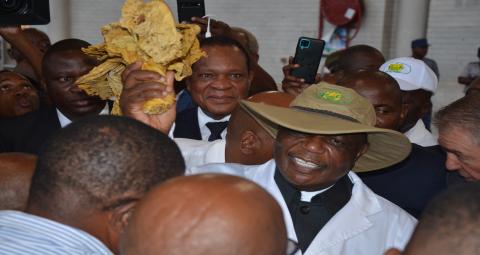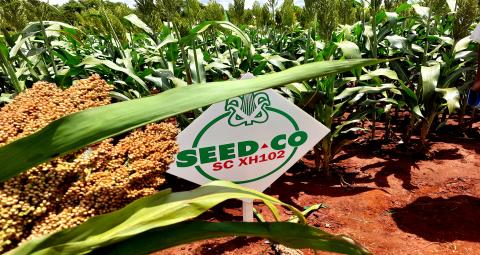
In response to the declaration of the El-nino drought as a national disaster, the Government
has put in place measures to address food shortages. The nation produced only 764 000 MT
against national grain requirement of 2.2 million MT. the following disaster response
programs have been operationalised through the budget.
Food Deficit Mitigation Programme;
Cash for Cereal Programme;
Grain importation; and
Agriculture input support.
Through disbursement of ZiG243 million to the Ministry of Public Service, Labour and Social Welfare during the first half of the year. Development Partners disbursed US$18.9 million during the first quarter of 2024 to complement Government efforts.
A closer look at the government programs reveal that there might be an gap in terms of a disaster response program focusing specifically on livestock. Livestock farmers are already feeling the brunt of the El-nino induced drought. The market is now flooded with beef as a result of widespread destocking to cope with the drought. As we progress into the second half of the year, the situation is going to get worse.
We propose a national hay and/or survival feed program to save and take the key breeding stock into the next season. To improve demand of livestock and meat products, which had declined due to El-nino related reduction in disposable incomes, live cattle, pigs, goats, sheep and bovine semen are now exempted from VAT. The 2024 national budget had maintained VAT on these agricultural products. Farmers disposing of live animals were required to pay VAT. If the farmers were not tax registered then withholding tax would be deducted by the buyer at 30%. Most farmers are not tax registered and hence do not have tax clearance certificates. As such they are subject to withholding tax on the market.
The VAT exemption is a welcome development as it will result in improved realisations from livestock sales. The exemption will also have the effect of lowering the price of these classes of meat on the market. Poultry meat and kapenta are also going to be VAT exempt.




